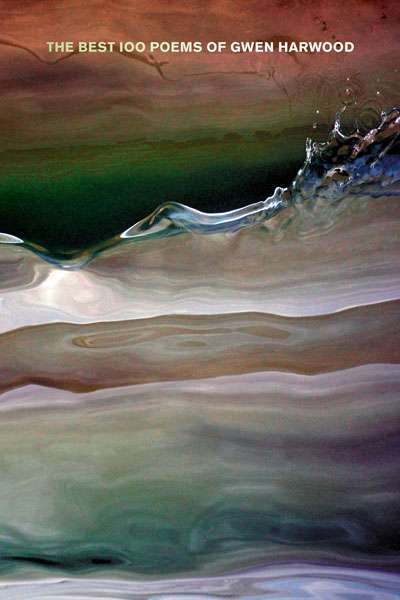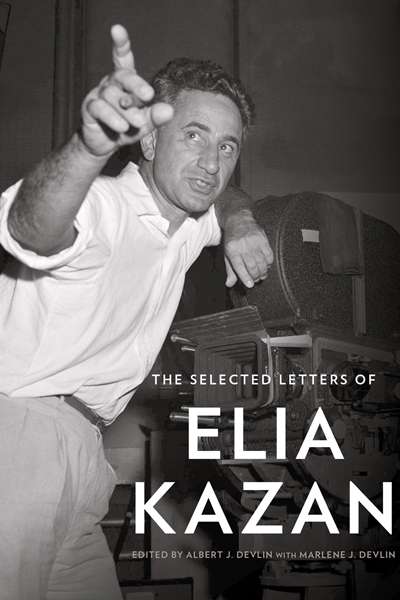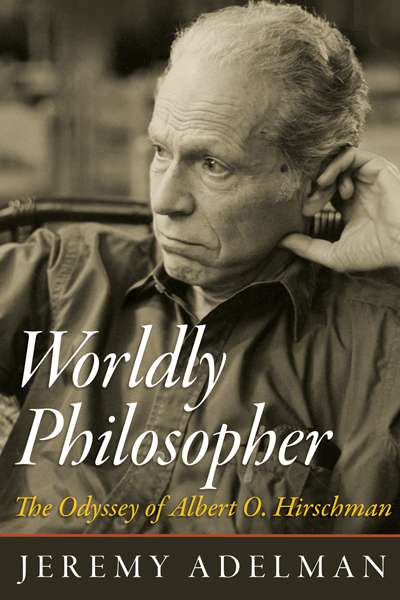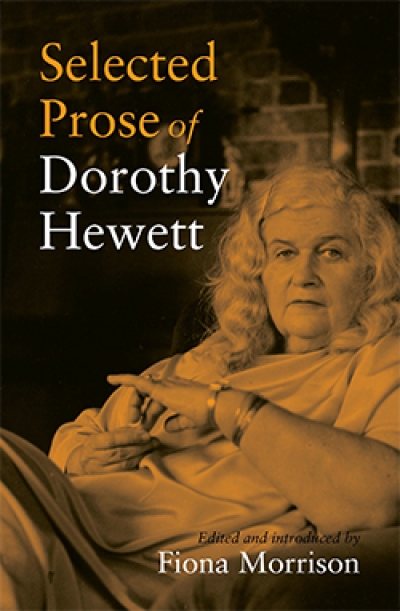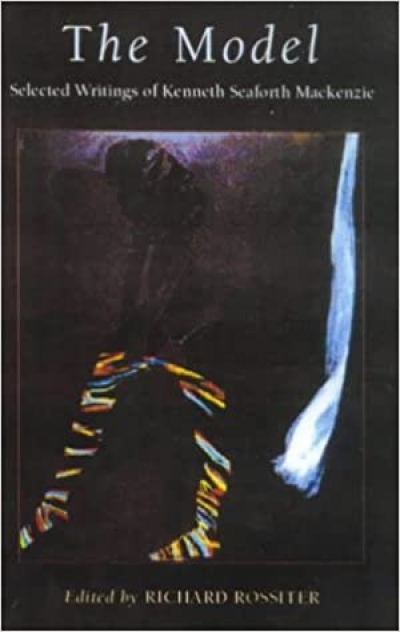Selected Writings
The Best 100 Poems of Gwen Harwood by Gwen Harwood, edited by John Harwood
by Ann-Marie Priest •
The Selected Letters of Elia Kazan edited by Albert J. Devlin with Marlene J. Devlin
by Eloise Ross •
Worldly Philosopher by Jeremy Adelman & The Essential Hirschman edited by Jeremy Adelman
by Adrian Walsh •
Selected Poems 1975–2010 by Ken Bolton & Four Poems by Ken Bolton
by Gig Ryan •
The Model: Selected writings of Kenneth Seaforth Mackenzie edited by Richard Rossiter
by Thomas Shapcott •
Tierra del Fuego: New and selected poems by Jennifer Strauss
by Stephanie Trigg •




